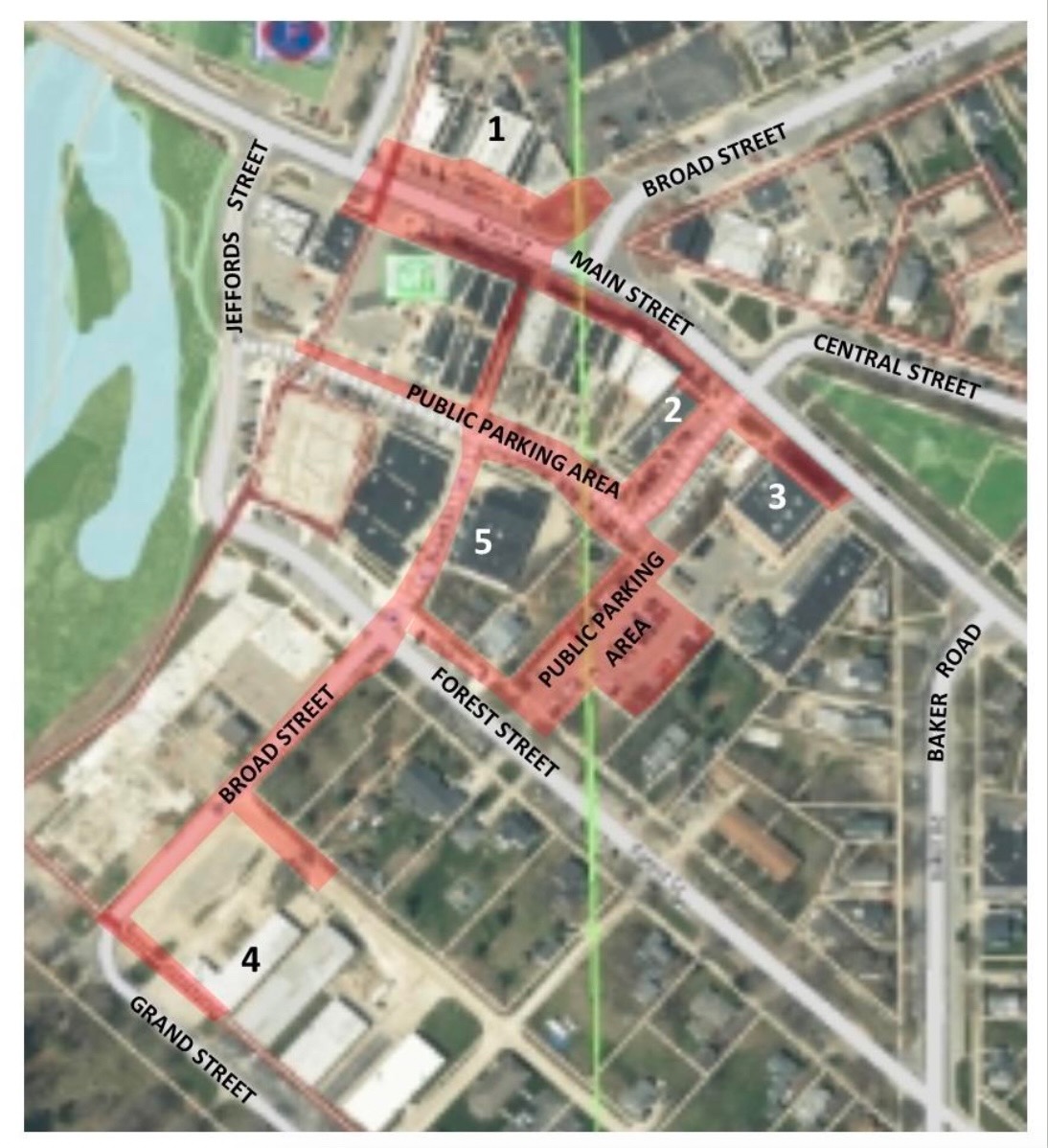Despite Controversies and Political Drama, Voters in Chelsea, Dexter, Saline, and Surrounding Areas Show Consistent Support Across Elections
Note: This is an opinion piece and reflects the author’s perspective on the 2024 election season.
In a year marked by intense political drama, legal controversies, and a barrage of negative advertising, the communities of Chelsea, Dexter, Milan, Saline, and nearby townships have remained remarkably steady in their political preferences.
Despite the noise and volatility of the 2024 election season, voting patterns in these communities showed minimal change from the 2020 election. This unwavering support reflects a story of stability, loyalty, and a perhaps surprising resistance to the national turbulence that has otherwise defined recent elections.
While much of the country experienced a tense political atmosphere, where candidate controversies, debates over divisive policies, and unprecedented levels of campaign advertising aimed to sway voter opinions, these communities appear largely unaffected. Data comparing the 2024 and 2020 elections in these areas reveals that voters showed nearly identical support for Democratic and Republican candidates, suggesting a resilience in political identity that transcends the personalities on the ballot or the latest headlines.

A Community Immune to Political Drama
With Donald Trump’s legal and financial troubles making front-page news and Kamala Harris stepping into the spotlight as the 2024 Democratic candidate, one might expect these developments to impact voter behavior, especially among independent or moderate voters. However, local voting data shows that people in these communities were either unphased by or simply disinterested in the controversies that marked the season. Rather than being swayed by Trump’s legal woes or Harris’s campaign, local voters stayed firmly aligned with their preferred party.
This resistance suggests that voters in these towns may have prioritized a broader alignment with party values over individual candidates’ personal challenges. They appear to have set aside the sensational aspects of the campaign season, focusing instead on more enduring issues that align with their community identity.
Enduring Partisan Lines Amid Negative Messaging
The consistency in voting numbers also reveals something about the possible effect—or lack thereof—of negative advertising. With both parties leaning heavily into pointed messaging and attacks, many observers predicted shifts toward one party or another. However, the fact that these communities maintained steady support suggests that this type of messaging had little impact locally. People may be increasingly wary of campaign narratives, particularly those that rely on negative rhetoric, and this year, they seemed to tune out the noise.
This suggests a degree of “political immunity” within these communities, where voters may feel that their own values and beliefs, rather than campaign advertisements or dramatic headlines, will ultimately guide their choices. For many, it’s clear that voting is an expression of long-held beliefs that aren’t easily shaken by the latest political storm.
Resisting the Influence of National Turbulence
With political polarization deepening nationwide, the idea of local identity has perhaps become an even stronger anchor for voters. People here may feel that their choice at the ballot box is as much about representing the values of their community as it is about individual candidates or specific issues. Voting in these communities, then, can be seen as a statement of continuity, reflecting stability and loyalty that remains constant despite shifting national narratives.
Character vs. Policy Frustrates Conversations
These established political values clashed in daily conversation leaving both sides frustrated that the other can’t see their point of view. In this election, Harris supporters frequently pointed to issues with Trump’s character, highlighting his legal troubles and controversies as reasons for concern. They argued that character and integrity in leadership are essential for representing the country’s values on the world stage.
On the other side, Trump supporters focused on specific Republican policies, especially around border security, arguing that a strong stance on immigration is critical for the nation’s stability and safety. This difference in priorities often created a frustrating communication gap.
Conversations frequently stalled as both sides struggled to find common ground. Harris supporters were primarily concerned with the moral implications of leadership, while Trump supporters viewed his policy agenda as a pragmatic solution to pressing issues like immigration and economic security. This clash of priorities highlighted a broader national divide—one where voters aren’t just disagreeing on solutions, but on the very problems that need solving.
Celebrating Local Consistency
In a year when national politics felt more chaotic than ever, the communities of Chelsea, Dexter, Milan, Saline, and the surrounding townships demonstrated a remarkable commitment to their values. This steadfastness tells a larger story about what it means to be part of a community that knows what it stands for—no matter the drama of an election season. Rather than reacting to each new twist and turn, these voters stayed true to themselves, showing that while candidates may change, community values tend to remain firm.






 8123 Main St Suite 200 Dexter, MI 48130
8123 Main St Suite 200 Dexter, MI 48130


